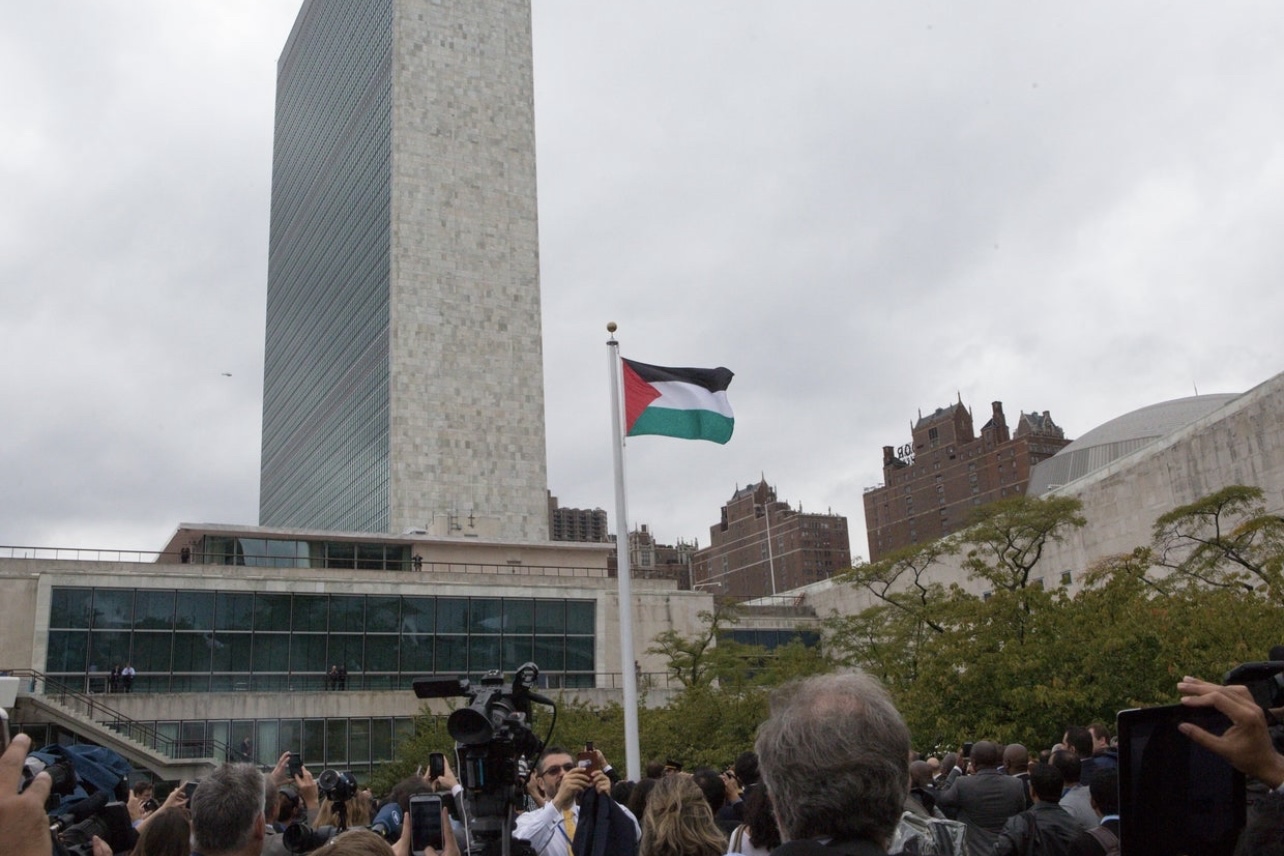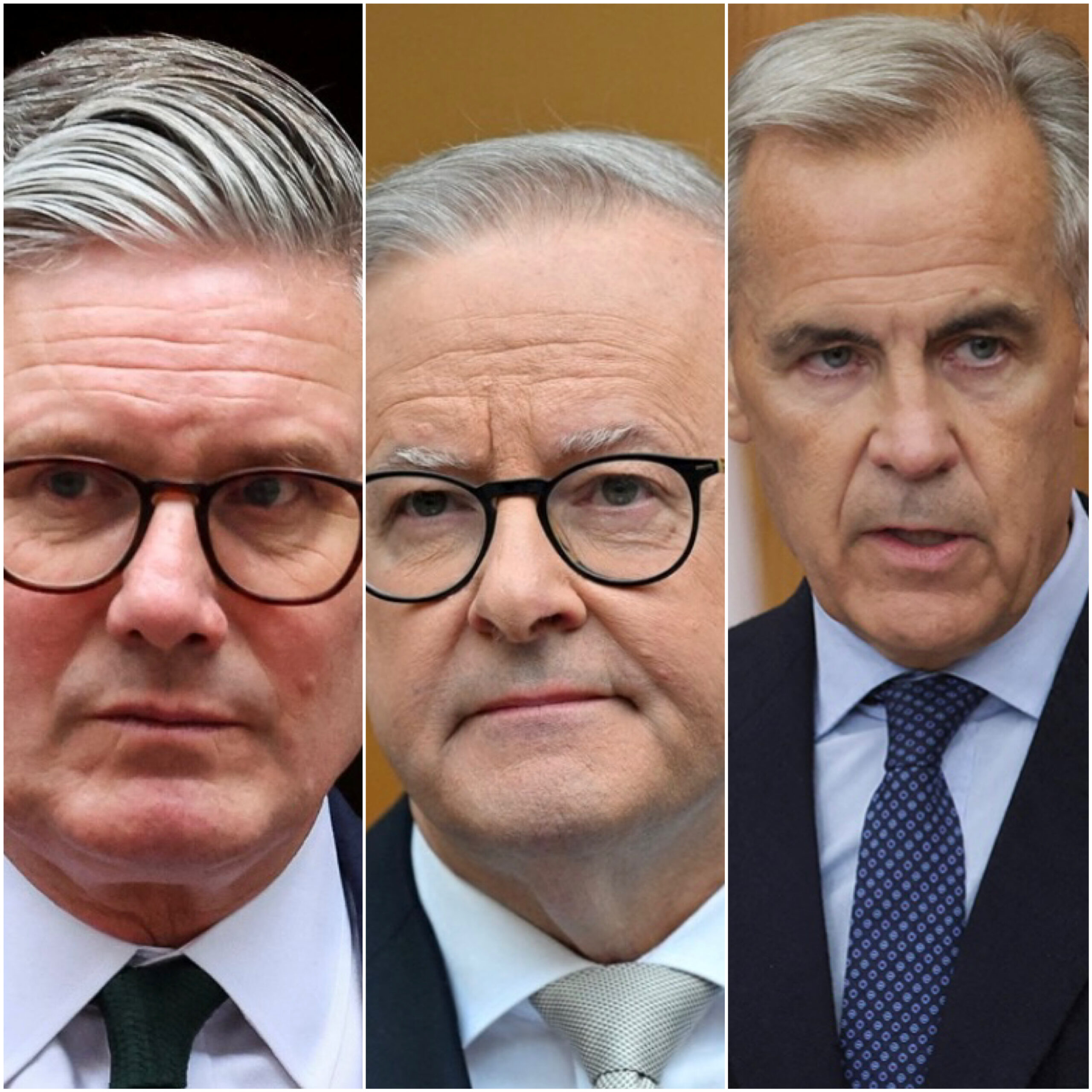In a landmark moment in international diplomacy, Canada, Australia, and the United Kingdom have formally recognised the State of Palestine. The joint announcement was made on Sunday, just ahead of the United Nations General Assembly in New York, and is being hailed as one of the most significant shifts in Western foreign policy in decades.
Leaders in all three countries stressed that the decision was driven by the need to revive hopes for a two-state solution and to respond to the worsening humanitarian crisis in Gaza. British Prime Minister Keir Starmer described the recognition as a necessary step to “revive hope for peace for the Palestinians and Israelis and a two-state solution.” Canadian Prime Minister Mark Carney framed the decision as a partnership in “building the promise of a peaceful future for both the State of Palestine and the State of Israel.” Australian Prime Minister Anthony Albanese said the move aligned with his country’s long-standing support for Palestinian self-determination and a two-state resolution to the conflict.
The recognition, however, was not offered without conditions. Officials in London, Ottawa, and Canberra stressed that any future Palestinian state must exclude Hamas from governance, respect Israel’s right to exist, commit to democratic reforms including holding elections, and embrace demilitarisation. Australian officials confirmed that the establishment of full diplomatic relations, such as embassies, will proceed once these commitments are met by the Palestinian Authority.
Reaction has been swift and divided. Israel strongly rejected the recognition, with Prime Minister Benjamin Netanyahu warning that it rewards violence and undermines Israel’s security. The United States also voiced disapproval, arguing that unilateral recognition outside a negotiated settlement risks further destabilising the region. By contrast, Palestinian President Mahmoud Abbas welcomed the announcement as a historic step toward implementing a two-state solution and achieving peace based on international law.
The coordinated nature of the move is significant. Although more than 150 countries have already recognised Palestinian statehood, this is the first time three major Western democracies, all close allies of Israel, have acted together. Analysts suggest the timing just days before the UN General Assembly—was deliberate, intended to influence the global agenda and encourage other nations, including France, to follow suit.
While recognition does not immediately alter realities on the ground, it changes the diplomatic landscape. It could increase international pressure on Israel, reshape the tone of negotiations, and potentially affect humanitarian aid and policy. The move also risks hardening Israeli positions, as officials in Jerusalem have hinted at retaliatory measures and tougher policies in the West Bank.

For supporters, the recognition represents a moral and political imperative, affirming Palestinian rights and keeping the two-state vision alive at a time when it appeared increasingly remote. Critics argue it is premature, given the ongoing conflict, the fractured nature of Palestinian governance, and the lack of a comprehensive peace agreement.
What remains uncertain is whether this diplomatic shift will produce tangible progress toward peace or simply widen divisions. Still, the joint action by Canada, Australia, and the UK marks a bold departure from decades of Western reluctance. It is a declaration that the Palestinian question cannot be sidelined indefinitely, and that the recognition of statehood is, at least for these governments, a necessary foundation for any lasting settlement in the Middle East.



